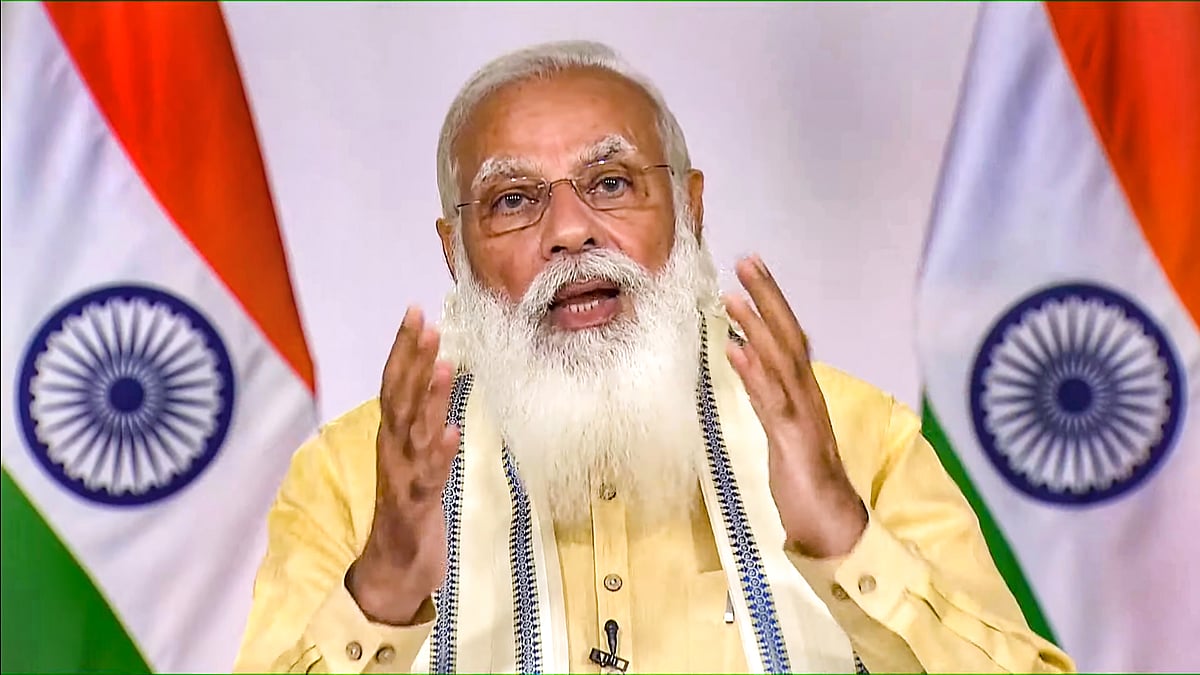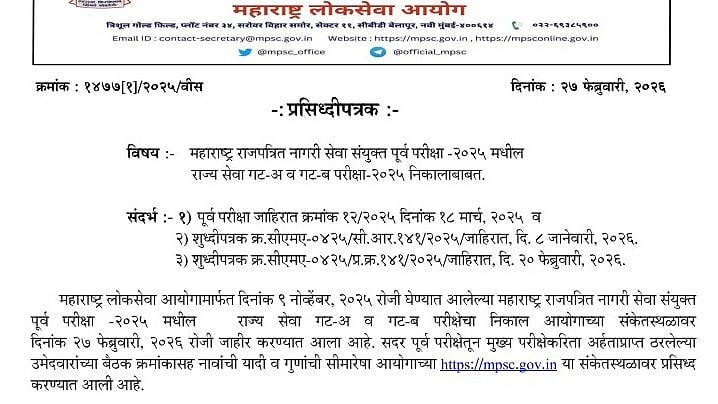Prime Minister Narendra Modi on Saturday said that India's Aspirational Districts Programme (ADP) aims to ensure inclusive and all-round development in areas across our nation. He also expressed happiness at the United Nations Development Programme (UNDP) for highlighting its salient features.
Taking to Twitter, PM Modi said: "India’s Aspirational Districts Programme aims to ensure inclusive & all-round development in areas across our nation. Under this programme, many districts have witnessed holistic transformation. Glad to see the UNDP report highlight its salient features."
The UNDP in its report said that the ADP has served as a catalyst for expediting development among aspirational districts.
"Certain sectors such as healthcare and nutrition, education, and to an extent agriculture and water resources have seen some major changes," the UNDP said, adding that this is encouraging as these are crucial areas for assessing development.
UNDP pointed out that other sectors like basic infrastructure, financial inclusion and skill development also achieved improvement in indicators since the inception of the programme.
According to UNDP, among the three approaches of convergence, competition and collaboration, most stakeholders who were interviewed credited convergence as a crucial approach for the better performance of the districts.
The report also noted that a remarkable feature of the programme that has greatly contributed to its success, is the commitment shown by the top most political leadership to bring about rapid progress in the under-developed pockets in India.
These suggestions were part of the appraisal report of the ADP released on Friday. The government had launched the ADP in January 2018 across 112 aspirational districts in 28 states to accelerate improvement in key development parameters in the most backward districts of the country.
"Discussions with different stakeholders have highlighted the need for revising indicators, as well as reduced focus on a competitive approach, as they are likely to result in misreporting of data by districts.
"Apart from this there is also the need for further trainings and learning programmes," UNDP said in its report.
UNDP said one of the disadvantages of the ADP has been the disparities among districts. This does not facilitate fair competition and comparisons.
"In order to counter these issues, districts could be further grouped together based on their common characteristics and be supported accordingly," it said.
UNDP also pointed out that one of the major issues highlighted across the districts irrespective of performance has been the lack of human resources and technical capacities at the district and block level.
"Even though districts have been provided support from the Prabhari officers and Niti Aayog, there is a need for capacity building at the grassroots level. "This can be resolved by providing districts with dedicated personnel such as Aspirational District Fellows or representatives of the programme," it noted.
(With inputs from PTI)




